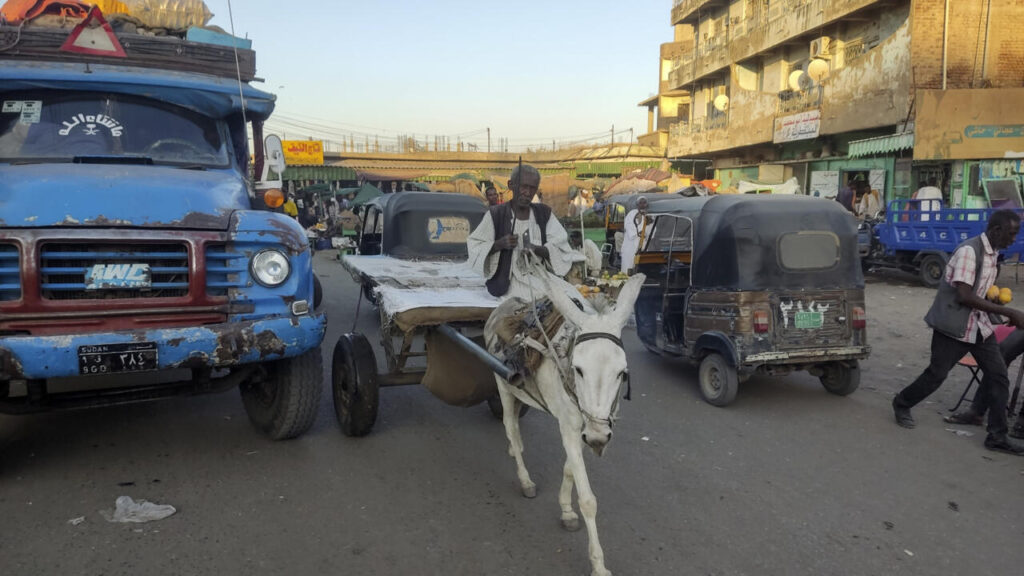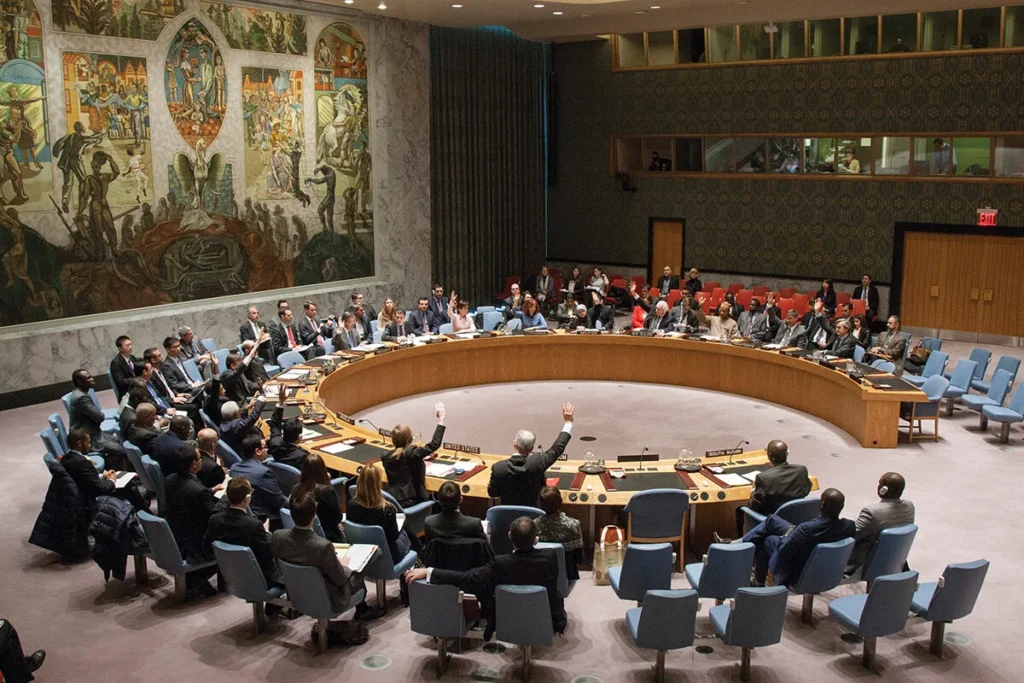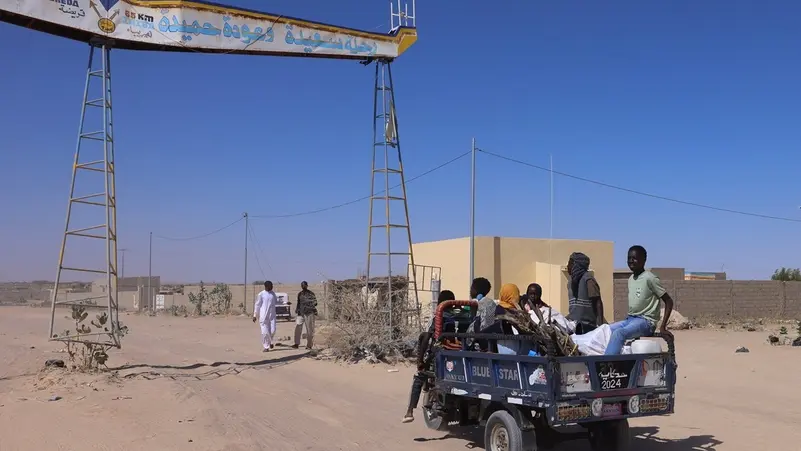
Ahmed, a former exporter of gum arabic, once a key global industry ingredient in Sudan, now finds himself at the center of the nation’s economic collapse after ten months of internal conflict.
Prior to the conflict that erupted between the Sudanese army and RSF, Ahmed operated a warehouse south of Khartoum with a stock of gum arabic intended for export. However, navigating through areas controlled by rival factions proved to be a costly and challenging ordeal. Ahmed had to pay significant sums to the Rapid Support Forces in conflict with the Sudanese Armed Forces led by Abdel Fattah al-Burhan.
As the conflict unfolded, Ahmed faced additional hurdles, with the army demanding taxes on his product upon reaching areas under their control. The journey to Port Sudan for export was marked by authorities imposing new taxes and exorbitant storage fees, resulting in his gum arabic, like many other Sudanese products, never making it to international markets.
According to Sudan’s port authorities, international trade plummeted by 23 percent last year.
The finance ministry’s recent adjustment of the exchange rate for imports and exports from 650 Sudanese pounds to 950, though an effort to stabilize the economy, still falls short of the currency’s actual value.
With most banks inactive, the black market exchange rate, currently at around 1,200 Sudanese pounds to the dollar, reflects the true economic turmoil, as noted by former Sudanese Chamber of Commerce head al-Sadiq Jalal.
A communication blackout since early February has further compounded economic challenges, hindering online transactions that were crucial for many Sudanese to survive.
Industries have halted production, some have been destroyed, and businesses and food stocks looted. The World Bank reported in September that widespread destruction has set Sudan’s development back by decades, and the International Monetary Fund anticipates years of reconstruction post-conflict.
Sudan, already one of the world’s poorest countries before the war, endured a struggling economy for decades. Under Omar al-Bashir’s regime, international sanctions, corruption, and the 2011 split with South Sudan exacerbated economic woes. Bashir’s ouster in 2019 provided a glimpse of economic renewal, but a 2021 coup led by Burhan and Daglo, before their internal conflict, triggered a new collapse with the suspension of crucial international aid.
The war has displaced over six million Sudanese, with more than half the population requiring humanitarian aid. Thousands have lost their lives, and famine looms, as reported by the UN’s World Food Programme. Economist Haitham Fathy notes the absence of the Sudanese state across all sectors, especially in agriculture, which once contributed significantly to the GDP and employed a large workforce.
Before the war, agriculture accounted for 35-40 percent of Sudan’s GDP, employing 70-80 percent of rural workers. However, more than 60 percent of the nation’s agricultural land is now out of commission due to the war, according to the Sudanese research organization Fikra for Studies and Development. From wheat fields to gum arabic warehouses, the impact is consistent, leaving many, including Ahmed, with depleted savings and shuttered businesses.




